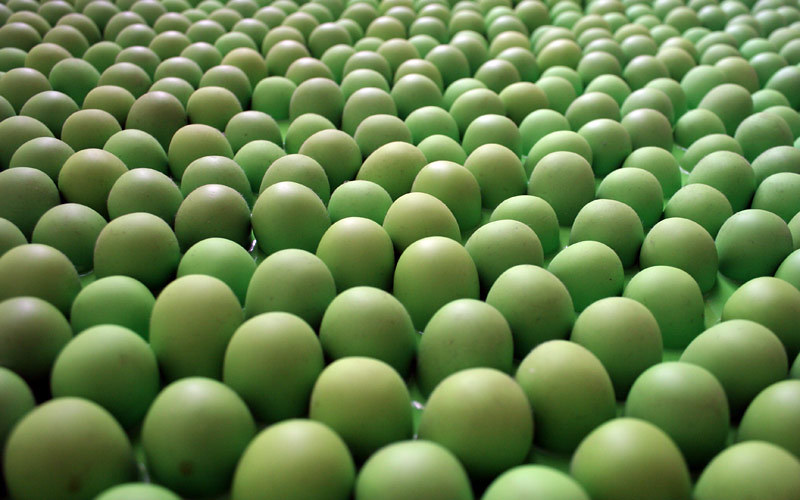Worried about the future of food? There is cause for concern, of course — most of our food is grown unsustainably on large scale industrial monoculture farms, and global warming will make that kind of food production much more challenging. But the situation is not completely dire, as is made clear in Uncertain Harvest: The Future of Food on a Warming Planet. Co-authored by three food academics from very different disciplines, Uncertain Harvest seamlessly weaves together their distinctive voices into a third person narrative, a choice that makes the book feel cohesive.
Ian Mosby is a food historian at Ryerson University in Toronto, Sarah Rotz is a food sociologist at York University, and Evan Fraser directs the Arrell Food Institute at the University of Guelph and holds a Canada Research Chair in Global Food Security. Together, they’ve assembled a highly readable, cautiously optimistic book about the future of food. Each chapter tackles food problems and solutions through the lens of a particular food: algae, caribou, kale, millet, tuna, crickets, milk, and rice.
I asked Rotz about the effects of climate change on food security in Canada’s North, particularly among the Indigenous peoples she spoke to. While careful not to appropriate their voices, she nevertheless paints a picture of serious issues around their food security. “There are a lot of issues of accessibility,” she told me, especially around “their ability to access their traditional hunting grounds due to diminishing ice and snow cover, but also [around] extractive activities and things like road-building which disrupt breeding grounds and migratory patterns.”
In the North, where in many cases food is flown in and is prohibitively expensive, a lot of people, particularly Indigenous people, rely on game foods to meet their nutritional needs and so the diminishing access to traditional foods like caribou, duck and other game is creating serious consequences with no easy solution.
In other parts of the world, the challenges of food production are more easily met. The millet chapter looks at the global South and subsistence farming. Millet, sometimes thought of as a poverty food, is a resilient and highly nutritious grain that can be grown in a wide variety of soil and weather conditions. Subsistence farming of millet in Nepal — done almost entirely by women — is grueling, low yield work.
However, with a few simple, inexpensive low-tech tools it has been made the work easier and more productive. “The focus is on the farmer’s needs and the context in which they’re working,” says Rotz. “They are not being sold a product which they then have to adapt their processes to.” Under capitalism, corporate entities that sell things like farm equipment, seed and fertilizer aren’t profitable for Nepalese farmers so they’re not really interested in them. Subsistence farming in the global south isn’t going to be industrialized any time soon.
I asked Fraser about which kind of farming is the way of the future: large-scale industrial agriculture, small-scale organic farming, or some combination of the two? He said that, given their distinct areas of expertise, each of the book’s authors would respond to the question differently. “My own feeling is that the world food system is large and complicated and there’s space for all these different kinds (of farming) .. . . Grain, protein and fat products, the big macro-nutrients we consume, are probably for the foreseeable future going to be produced on a very large industrial scale, he said. “Which isn’t to say that we can’t do that better. We need to see that the footprint of those products is down.
“I also see that we need to connect small scale local farmers to markets in the U.S. and urban consumers but I don’t see those farms producing the bulk of the world’s fats, calories and proteins. They can produce very high-quality meat products (and produce), and we can support them with a community agriculture model.”
The takeaway from Uncertain Harvest is that our global food system is indeed extremely large and complex, that large-scale industrial farming must have less of an environmental impact if it to continue to feed the world, and that there are also smaller scale solutions that can have a positive impact locally and should be supported. There are no easy answers in such a complex food system, but if we examine what works, how and why on a warming planet, there may well be some simple solutions.
Meg Borthwick has worked in broadcast, print and online media for more than 30 years. She is the moderator of rabble’s online discussion forum, babble.
Image: Dirk Loop/Flickr



